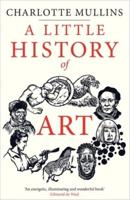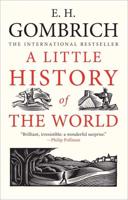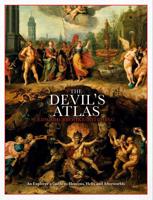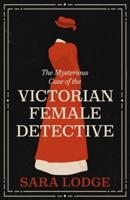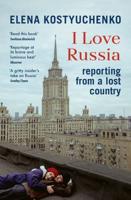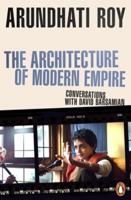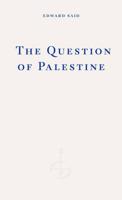Publisher's Synopsis
What is an "American" identity? The tension between populism and pluralism, between homogeneity and heterogeneity, has marked the United States since its inception. In The Divided States, leading scholars and critics argue that the US is, and has always been, a site where multiple national identities intersect in productive and challenging ways. Scrutinizing conflicting nationalisms and national identities, the authors ask, Whose stories get told and whose do not? Who or what promotes the idea of a unified national identity in the United States? How is the notion of a unified national identity disrupted? What myths and stories bind the US together? How representative are these stories? What are the counternarratives? And, if the idea of national homogeneity is a fallacy, what does tie us together as a nation?
Working across auto/biography studies, American studies, and human geography-all of which deal with the current interest in competing narratives, "alternative facts," and accountability-the essays engage in and contribute to critical conversations in classrooms, scholarship, and the public sphere. The authors draw from a variety of fields, including anthropology; class analysis; critical race theory; diasporic, refugee, and immigration studies; disability studies; gender studies; graphic and comix studies; Indigenous studies; linguistics; literary studies; sociology; and visual culture. And the genres under scrutiny include diary, epistolary communication, digital narratives, graphic narratives, literary narratives, medical narratives, memoir, oral history, and testimony.
This fresh and theoretically engaged volume will be relevant to anyone interested in the multiplicity of voices that make up the US national narrative.

